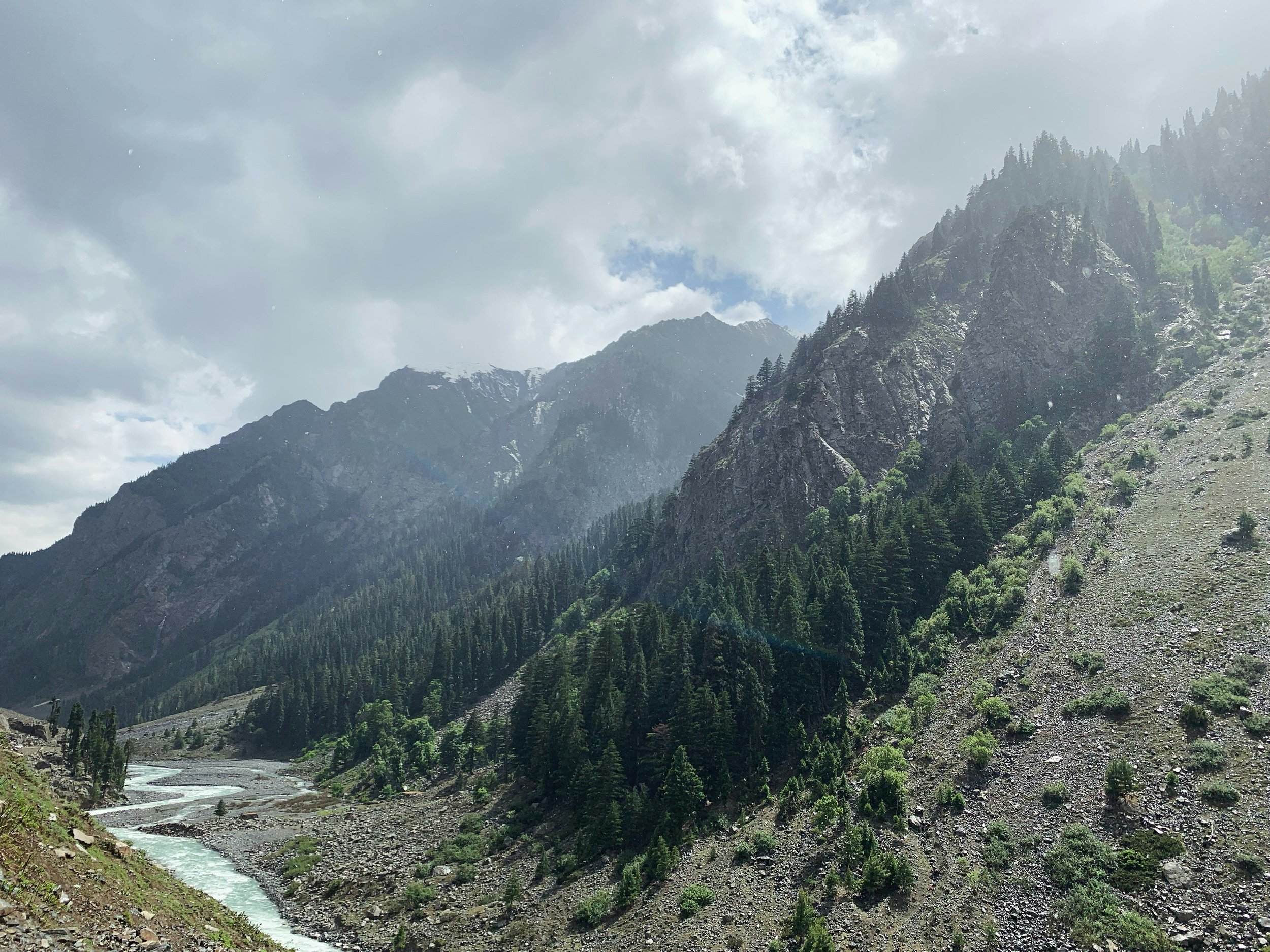
The Monitoring Centre
The project served to provide regular monitoring and support to the reintegrated population. It consisted of a team of psychologists and social workers constituting the Mental Health Team. Initially, some of the case workers from Sabaoon MHT were shifted to the MC as case managers in order to ensure that they were familiar with the reintegrated individuals and the challenges they faced post-reintegration could be addressed swiftly as rapport building did not remain a hurdle with the RI individual, their family members nor their communities.
The team conducted follow-up visits to monitor the progress of each of the RI individuals, by interacting with them, their families and their communities, while also seeking feedback from their peer group and concerned others (school, college or university administration or employers). The focus remained on ensuring continuing goal direction, to ensure that they were working towards maintaining the trajectory they developed while they were at Sabaoon and addressing difficulties they faced in doing so. Interpersonal problems (familial dysfunction, arguments and conflicts) and community-based difficulties (stigma, access to resources etc.) were also managed and resolved, while developing problem solving skills throughout the process.
All RI youth that were academically goal oriented had been financially supported to pursue their goals. Many of the youth had become lawyers and engineers, while many others had joined healthcare (psychologists, nurses, cardiac technicians, anaesthesiologists, dentists, homeopathy, rescue 1122 etc.), while others opted for a variety of careers (software engineering, website development, teaching, architecture etc). Those who were unable to pursue academic goals worked as tailors, motorcycle mechanics and electricians and were provided with the basic tools to pursue their goals. Still others, who were unable to take advantage of the skills they developed at Sabaoon, were encouraged to seek alternative goals and worked as drivers, shopkeepers, butchers, blacksmiths, labourers, waiters (at restaurants) and in poultry and dairy. Many, in fact, had also managed to seek jobs in the Middle East (UAE, KSA etc.), while a few had also managed to migrate to Europe while remaining in touch with their respective case managers through social media platforms (WhatsApp, Facebook, Instagram and Telegram).
Over a decade, the youth and their families had to face a number of significant challenges, some of which were related to their involvement (stigma, demolished houses due to family members being absconders and difficulties in employment) while others were due to catastrophes (earthquakes and floods), epidemics (dengue) and pandemics (Covid-19).
Wherever possible, SWAaT provided support in the interim, to those most deserving, through family stipends (monthly provision of Rs. 2500 – 8000), ration (wheat flour, lentils, tea, sugar, rice, cooking oil) and materials (clothing such as shawls, coats and sweaters, socks, shoes, gloves and caps). In some cases, SWAaT raised additional funds to support the families of the youth by supporting the educational goals of their younger siblings. Support through providing items (beds and cupboards) for wedding any of the reintegrated youth were personally provided by staff members when the youth were married (with many having offspring of their own).
To date, 148 youth have been discontinued from monitoring as they were found to have settled well into their community-based life, indicating successful reintegration to society. The remaining continue to be monitored, remaining goal-directed and proceeding into their careers while remaining problem-free, indicating an ability to manage and resolve the challenges they face. Having said that, they still know that they may approach the MC MHT should there ever be a need to do so.
The MC continues to provide monitoring and support to around 100 youth to date belonging from regions within Swat and KP, around Pakistan, with many working abroad. The project costs approximately PKR 20,000,000 annually in order to manage the regular visits (twice a month for the High Risk and once a month for the Moderate to Low Risk youth, as well as emergency visits when required) to interact with the reintegrated youth and their communities and support their ongoing goals.




